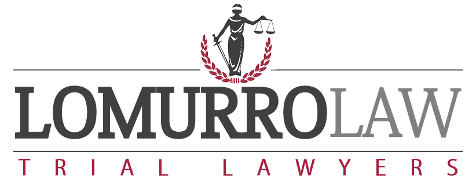The consequences of a DWI charge can be severe and far-reaching, particularly for medical professionals.
While many factors can influence the final outcome, the situation can become complex, and it is critical to understand the process involved.
Understanding the process of review
When a medical professional receives a DWI charge, the New Jersey State Board of Medical Examiners becomes involved. This organization is responsible for ensuring the public’s health, safety and welfare by licensing qualified individuals and sanctioning those who do not meet the standards.
The board reviews the details of the case and makes a decision based on several factors. These include the severity of the offense, the individual’s history and whether the offense has any connection to the practice of medicine.
First time offense considerations
For a first-time DWI offense, the board will likely consider it a personal issue unless there is a direct impact on the professional’s medical practice. For instance, if the offense occurred while the individual was on duty or driving a patient, the board could view it as more serious.
The board may also consider the level of intoxication at the time of the offense. A high blood alcohol level or the presence of controlled substances could result in more severe consequences.
Potential consequences
While it is not common for a first-time DWI offense to result in the loss of a medical license, there can still be consequences. The board may require the individual to undergo a professional conduct review, counseling or substance abuse treatment.
In some cases, the board may issue a reprimand or probation. It is also possible that the medical professional could lose their hospital privileges.
Moving forward after a DWI offense
In the aftermath of a DWI charge, it is important for medical professionals to understand their rights and the potential consequences. They should be proactive in addressing the issue, whether that means seeking treatment, making changes to their personal behavior or engaging in community service.
While a first-time DWI offense is unlikely to result in the loss of a medical license, it should serve as a wake-up call. Medical professionals must uphold a high standard of conduct, both in their personal lives and in their practice, to maintain the trust of their patients and the public.
